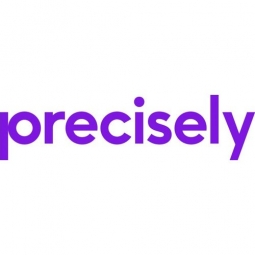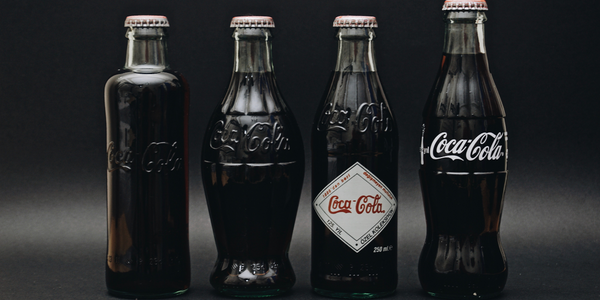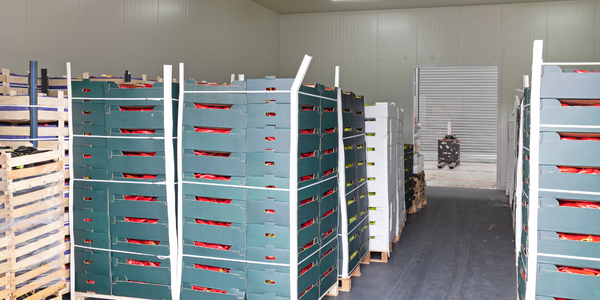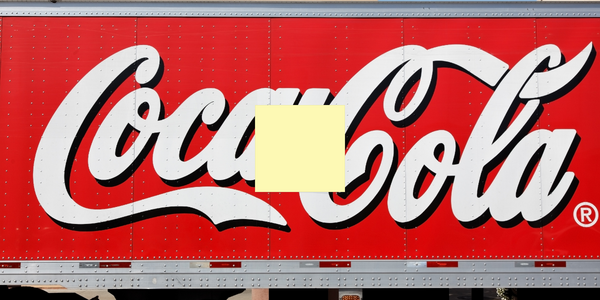Compass Group Netherlands Saves Thousands of SAP Data Processing Hours with Precisely Automate Studio

公司规模
Large Corporate
地区
- Europe
国家
- Netherlands
产品
- Precisely Automate Studio
- SAP ERP 6.0
- SAP Fiori
- SAP Process Orchestration
- SAP Customer Activity Repository
技术栈
- Excel-to-SAP solutions
- SAP systems
- Automate Studio scripting
实施规模
- Enterprise-wide Deployment
影响指标
- Productivity Improvements
- Cost Savings
- Customer Satisfaction
技术
- 功能应用 - 企业资源规划系统 (ERP)
- 分析与建模 - 预测分析
- 应用基础设施与中间件 - 数据交换与集成
适用行业
- 食品与饮料
- Professional Service
适用功能
- 商业运营
- 人力资源
- 采购
用例
- 预测性维护
- 过程控制与优化
- 远程资产管理
服务
- 软件设计与工程服务
- 系统集成
关于客户
Compass Group Netherlands is part of the Compass Group, a leading global food service company that serves 5.5 billion meals annually across 45 countries. With a focus on food as its core competency, Compass Group prides itself on offering a wide range of innovative dining solutions and high-quality service to its customers. Despite being in the catering industry, which is not typically data-driven, Compass Group differentiates itself by leveraging data from its SAP systems to anticipate customer demand. The company recognized that modernizing SAP data processing was essential to maintaining its market differentiation. With over 478,000 global employees and an annual revenue exceeding $17 billion, Compass Group Netherlands plays a significant role in the company's operations, serving 11 million meals per day.
挑战
Ruud Jackel, Application Manager for Compass Group Netherlands, faced challenges in maintaining the region’s SAP systems, which are crucial for the catering business's back-end processes. Initially, the team used SAP ERP for Human Resources and Payroll, while a different SAP system was shared with another region for Finance and Accounting. This multi-system, cross-regional setup created governance challenges, necessitating a streamlined process. The primary challenge was automating complex SAP processes, but setting up the system for data automation was itself a hurdle. Transitioning to an updated SAP solution required migrating data from another region’s system to the new retail solution. The IT team was reluctant to use SAP’s legacy system migration workbench (LSMW) due to its cumbersome and error-prone nature.
解决方案
Compass Group Netherlands selected Precisely Automate’s premier Excel-to-SAP solutions platform to automate complex SAP business processes and facilitate mass data changes. This solution enabled the company to migrate master and transaction data between systems efficiently. Automate Studio allowed Compass to streamline business processes, eliminate manual data entry, and enable employees to focus on priority tasks. The solution also provided the flexibility to program reports to run at night, ensuring that data was ready for the Finance team by morning. Additionally, Automate Studio offered automatic error notifications, allowing the team to quickly identify and resolve issues in the SAP environment. The solution's scripting capabilities enabled the team to address programming errors efficiently, saving significant time and resources.
运营影响
数量效益

Case Study missing?
Start adding your own!
Register with your work email and create a new case study profile for your business.
相关案例.

Case Study
The Kellogg Company
Kellogg keeps a close eye on its trade spend, analyzing large volumes of data and running complex simulations to predict which promotional activities will be the most effective. Kellogg needed to decrease the trade spend but its traditional relational database on premises could not keep up with the pace of demand.

Case Study
HEINEKEN Uses the Cloud to Reach 10.5 Million Consumers
For 2012 campaign, the Bond promotion, it planned to launch the campaign at the same time everywhere on the planet. That created unprecedented challenges for HEINEKEN—nowhere more so than in its technology operation. The primary digital content for the campaign was a 100-megabyte movie that had to play flawlessly for millions of viewers worldwide. After all, Bond never fails. No one was going to tolerate a technology failure that might bruise his brand.Previously, HEINEKEN had supported digital media at its outsourced datacenter. But that datacenter lacked the computing resources HEINEKEN needed, and building them—especially to support peak traffic that would total millions of simultaneous hits—would have been both time-consuming and expensive. Nor would it have provided the geographic reach that HEINEKEN needed to minimize latency worldwide.

Case Study
Energy Management System at Sugar Industry
The company wanted to use the information from the system to claim under the renewable energy certificate scheme. The benefit to the company under the renewable energy certificates is Rs 75 million a year. To enable the above, an end-to-end solution for load monitoring, consumption monitoring, online data monitoring, automatic meter data acquisition which can be exported to SAP and other applications is required.

Case Study
Coca Cola Swaziland Conco Case Study
Coco Cola Swaziland, South Africa would like to find a solution that would enable the following results: - Reduce energy consumption by 20% in one year. - Formulate a series of strategic initiatives that would enlist the commitment of corporate management and create employee awareness while helping meet departmental targets and investing in tools that assist with energy management. - Formulate a series of tactical initiatives that would optimize energy usage on the shop floor. These would include charging forklifts and running cold rooms only during off-peak periods, running the dust extractors only during working hours and basing lights and air-conditioning on someone’s presence. - Increase visibility into the factory and other processes. - Enable limited, non-intrusive control functions for certain processes.

Case Study
Temperature Monitoring for Restaurant Food Storage
When it came to implementing a solution, Mr. Nesbitt had an idea of what functionality that he wanted. Although not mandated by Health Canada, Mr. Nesbitt wanted to ensure quality control issues met the highest possible standards as part of his commitment to top-of-class food services. This wish list included an easy-to use temperature-monitoring system that could provide a visible display of the temperatures of all of his refrigerators and freezers, including historical information so that he could review the performance of his equipment. It also had to provide alert notification (but email alerts and SMS text message alerts) to alert key staff in the event that a cooling system was exceeding pre-set warning limits.

Case Study
Coca-Cola Refreshments, U.S.
Coca-Cola Refreshments owns and manages Coca-Cola branded refrigerators in retail establishments. Legacy systems were used to locate equipment information by logging onto multiple servers which took up to 8 hours to update information on 30-40 units. The company had no overall visibility into equipment status or maintenance history.






